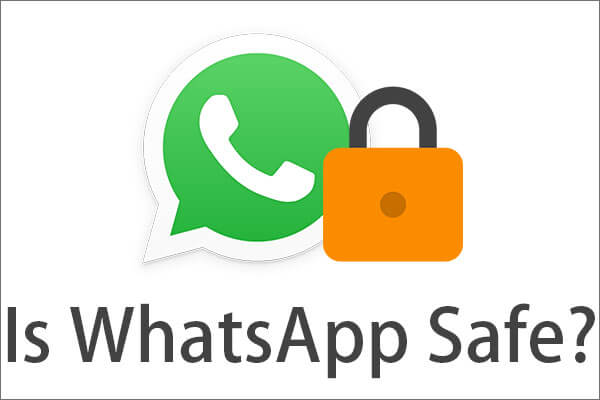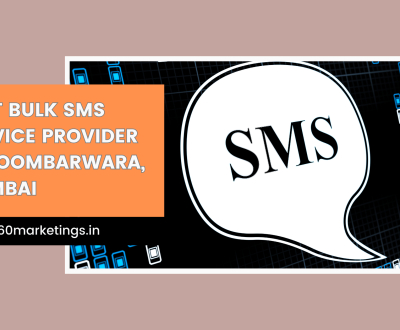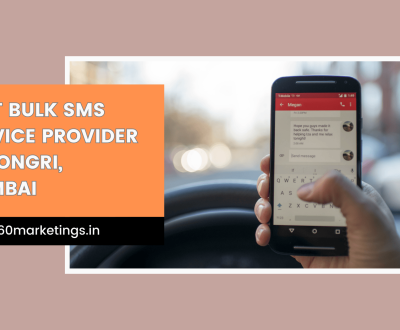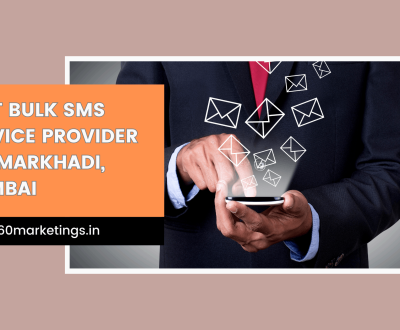Revolutionize Your Messaging Strategy: Unleashing the Power of the WhatsApp API
- January 5, 2024
Introduction to WhatsApp API:
In the realm of digital communication, WhatsApp has emerged as a ubiquitous platform, connecting billions of users globally. As businesses strive to enhance customer engagement, the integration of WhatsApp API has become a game-changer. WhatsApp API (Application Programming Interface) allows businesses to programmatically interact with the messaging platform, opening up new possibilities for seamless communication and customer interaction.

Why do I use Whatsapp API?
The use of API, or Application Programming Interface, is fundamental for businesses seeking to streamline their operations and improve user experiences. In the context of WhatsApp, leveraging the API empowers businesses to integrate the messaging platform directly into their systems and applications. This integration facilitates automated messaging, real-time updates, and personalized communication, ultimately enhancing customer engagement.
APIs act as bridges between different software applications, enabling them to communicate and share data efficiently. By utilizing WhatsApp API, businesses can automate routine tasks, such as sending order confirmations, delivery updates, or customer support responses. This not only saves time but also ensures a consistent and prompt communication flow, contributing to a positive customer experience.
Is WhatsApp API Free?
One of the common queries surrounding WhatsApp API is its cost implications. While WhatsApp itself is free for personal use, the API is designed for businesses and typically involves associated costs. These providers often offer different pricing models based on factors like message volume, features, and support. It’s essential for businesses to evaluate their specific needs and choose a plan that aligns with their communication goals and budget.
While this may not be free, the investment often proves worthwhile for businesses looking to establish a direct and reliable communication channel with their customers. The enhanced features and capabilities provided by the API contribute significantly to the overall customer engagement strategy.
Is WhatsApp API Safe?
Security is a paramount concern for businesses, especially when dealing with customer communication. Its safety largely depends on how it’s implemented and the security measures in place. The providers typically adhere to strict security protocols to protect user data and ensure the integrity of the messaging platform.
Businesses must choose reputable WhatsApp API providers that prioritize security, employing encryption and authentication mechanisms to safeguard sensitive information. Additionally, following best practices in API integration, such as secure coding and regular security audits, further enhances the safety of using this API for customer communication.

Why Do I Use Whatsapp API?
APIs (Application Programming Interfaces) serve as the bridge between different software applications, enabling them to communicate and share data seamlessly. When it comes to WhatsApp, using the API becomes instrumental in establishing a direct line of communication with customers. Through API integration, businesses can automate processes, streamline customer interactions, and gain valuable insights into user behavior.
The use of WhatsApp API simplifies the handling of large volumes of messages, making it an efficient choice for businesses with diverse communication needs. Whether sending order updates, marketing promotions, or personalized messages, leveraging the WhatsApp API ensures that businesses can maintain a consistent and engaging dialogue with their audience.
Unlocking Enhanced Features:
Beyond basic messaging, WhatsApp API unlocks a plethora of enhanced features that businesses can leverage to elevate their customer engagement strategies.
- Rich Media Content:
API supports the transmission of rich media content, including images, videos, and documents. This feature enables businesses to create visually appealing and informative messages, enhancing the overall customer experience.
- Two-Way Communication:
Unlike traditional messaging, API facilitates two-way communication, allowing businesses to receive messages from customers. This interactive element is crucial for customer support, feedback collection, and resolving queries in real-time.
- Automation and Chatbots:
The integration of API enables businesses to automate routine tasks through programmed responses and chatbots. This not only improves efficiency but also provides instant assistance to customers, contributing to a positive user experience.
- Personalized Messaging:
This API allows businesses to send personalized messages based on user preferences, behaviors, and interactions. This level of customization enhances the relevance of communication, making it more engaging for the recipients.
- Multi-Channel Integration:
To further expand their reach, businesses can integrate with this API with other communication channels, creating a unified and cohesive customer engagement strategy. This multi-channel approach ensures that customers can connect with businesses through their preferred platforms.

Challenges and Considerations:
While API offers numerous benefits, businesses should be aware of potential challenges and considerations to make the most of this communication tool.
- Compliance and Regulations:
Businesses must adhere to privacy regulations and comply with WhatsApp’s policies when using the API. Failure to do so can result in restrictions or the suspension of API access.
- Opt-In Requirements:
To send messages through API, businesses need users’ explicit opt-in consent. Obtaining and managing opt-ins is a crucial aspect of using the API responsibly and ethically.
Future of Whatsapp API
The future of API holds immense promise as businesses continue to prioritize real-time and personalized communication. With an increasing reliance on digital channels, This API is poised to become an even more integral part of customer engagement strategies. The ongoing evolution of the API is likely to bring forth enhanced features, expanded integration capabilities, and improved automation tools.
As technology advances, we can anticipate more sophisticated AI-driven functionalities within the this API, allowing businesses to create highly tailored and context-aware interactions. The API’s role in e-commerce is expected to grow, with seamless order tracking, payment processing, and personalized product recommendations becoming standard features.
Moreover, the future may see this extending its reach to new industries, fostering collaboration, and communication in sectors beyond traditional business applications. Integration with emerging technologies like augmented reality and virtual reality could open up innovative ways for brands to engage with their audience.
Conclusion
In conclusion, leveraging API for seamless communication is a strategic move for businesses aiming to enhance customer engagement. The integration of this powerful tool opens up avenues for personalized, automated, and interactive communication, ultimately contributing to a positive customer experience. While there are costs associated with this API usage, the benefits in terms of improved efficiency, customer satisfaction, and brand loyalty make it a worthwhile investment for forward-thinking businesses. By addressing security concerns, unlocking enhanced features, and navigating potential challenges, businesses can harness the full potential of this API to connect with their audience in meaningful ways.
For More Info Visit 360 Marketing Below
CLICK HERE
Frequently Asked Questions
1: How does WhatsApp API enhance customer engagement?
A: It enables real-time support, automated updates, and personalized marketing, fostering more meaningful interactions with customers.
2: How secure is WhatsApp API for business communication?
A: It’s highly secure, utilizing end-to-end encryption to protect user data and maintain the privacy of messages.
3: Can I send any type of message with WhatsApp API?
A: No, messages must adhere to pre-approved templates to ensure a standardized and user-friendly experience.
4: What benefits does WhatsApp API offer for marketing campaigns?
A: It allows businesses to run targeted and personalized marketing campaigns, enhancing customer engagement and brand visibility.
5: How can WhatsApp API be integrated with CRM systems?
A: API seamlessly integrates with CRM systems, enabling centralized and organized management of customer interactions.
6: Are there any challenges associated with using WhatsApp API?
A: Challenges include message template restrictions and considerations like cost, depending on message volume and additional features.
7: What industries can benefit from WhatsApp API integration?
A: Various industries, including e-commerce, healthcare, and finance, can benefit from the streamlined communication and customer engagement it offers.
8: Is there a limit to the number of messages I can send with WhatsApp API?
A: Message limits may vary based on service providers and pricing plans. It’s essential to check with the chosen provider for specific details.
9: Does WhatsApp API support multimedia messages?
A: Yes, it supports various media types, allowing businesses to send images, videos, and documents to enhance their communication.
10: Can I use WhatsApp API for international business communication?
A: Yes, API supports international messaging, making it a versatile tool for businesses with a global customer base.
About us and this blog
We are a digital marketing company with a focus on helping our customers achieve great results across several key areas.
Request a free quote
We offer professional SEO services that help websites increase their organic search score drastically in order to compete for the highest rankings even when it comes to highly competitive keywords.
Subscribe to our newsletter!
More from our blog
See all postsRecent Posts
- The Benefits of Using White Routes in SMS Marketing December 9, 2024
- Businesses Report Higher ROI with Bulk WhatsApp Messages November 19, 2024
- Best Bulk SMS Service Provider in Koombarwara, Mumbai September 4, 2024









